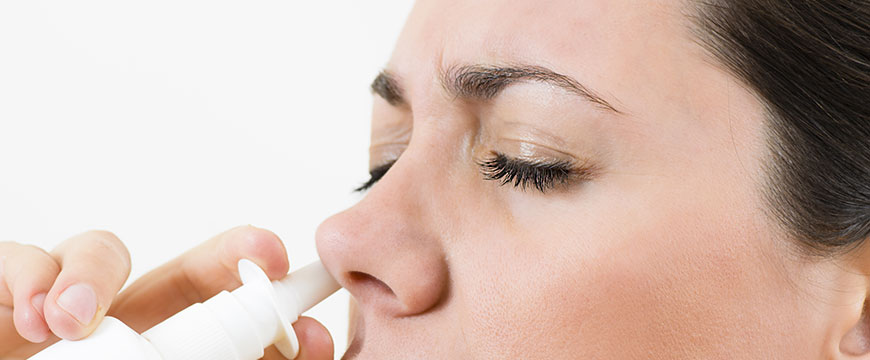
Skin conditions can be difficult to identify. Is it hives or dermatitis? A breakout or infection? Since rashes should be treated in a specific way, if you are unaware of what you have, you could be making it worse. Regardless if it is minor nuisance or an epidermis nightmare, there are ways that you can soothe your skin when you know what you are dealing with.
With the majority of skin conditions, you might have a genetic predisposition which is why you have them. Allergies cannot be exacerbated by stress because they can be emotional, like meeting your future in-laws, or they can also be environmental like an allergen.
Before going to an allergy center, it helps if you know the types of skin allergies.
Eczema
This is medically known as atopic dermatitis and its characteristics are red, dry, splotchy, crusty, cracked, or flaky skin, and it can emit fluid if you scratch it. Normally, it is clustered around your elbows and knees, but it can appear on your skin anywhere. That is why you will also find eczema on your neck, arms, and legs.
It affects one in fifty adults, but it is most common in children.
Hives
Hives are skin inflammations that are triggered when your immune system releases histamine. This will cause the small blood vessels to leak, and it causes your skin to swell. The swollen deep layers of the skin are known as angioedema. There are two kinds of urticaria, chronic and acute. Acute urticaria happens after you eat a particular food or you encounter a certain trigger.
Contact Dermatitis
Contact dermatitis has the same symptoms as eczema, and it can be a scaly or blistered red rash, depending on the cause and its severity. Normally, the rash has a distinct border.
Contact dermatitis can appear after you get exposed to an allergen or irritant, and it is a common rash because of external factors. Normally, allergens cause a blistered, shiny, and itchy rash while the irritants can be scaly, dry, or less itchy. It will appear hours to days after you get exposed.
Seborrheic Dermatitis
Similar to dandruff, seborrheic dermatitis is a fungus that normally crops up in oily areas like the face, scalp, back and upper chest.
Based on a study, it is very common and affects about 12% of the general population and 70% of infants during the first three months of their life. It seems to be caused by yeasts that belong to the genus Malassezia.
Angioedema
Angioedema is swelling in the skin’s deep layers. Most of the time, it is seen together with urticaria. Angioedema can occur in soft tissues like the eyelid, genitals, or mouth. Angioedema is known as “acute” in case the condition will last only a short time like minutes to hours. Acute angioedema is commonly caused by allergic reactions to medications or foods. Chronic recurrent angioedema happens when the condition keeps on returning over and over. It normally does not have any cause.
Rosacea
Rosacea will cause redness and thickness on your face, normally clustered in the center. Flushing, stinging sensation and small pus-filled pimples are common signs of the condition, which is normally confused with an acne breakout.
Psoriasis
Psoriasis will cause patches of thickened skin, most of the time, scaly flakes on your skin. It is normally found around your feet, elbows, palms, and knees, and you can also have psoriasis on your scalp.
Other symptoms are scales, aside from rashes. About 20% of people with psoriasis also experience psoriatic arthritis.
You can contact an asthma doctor Germantown MD if you are experiencing skin allergy to get the best treatment.






